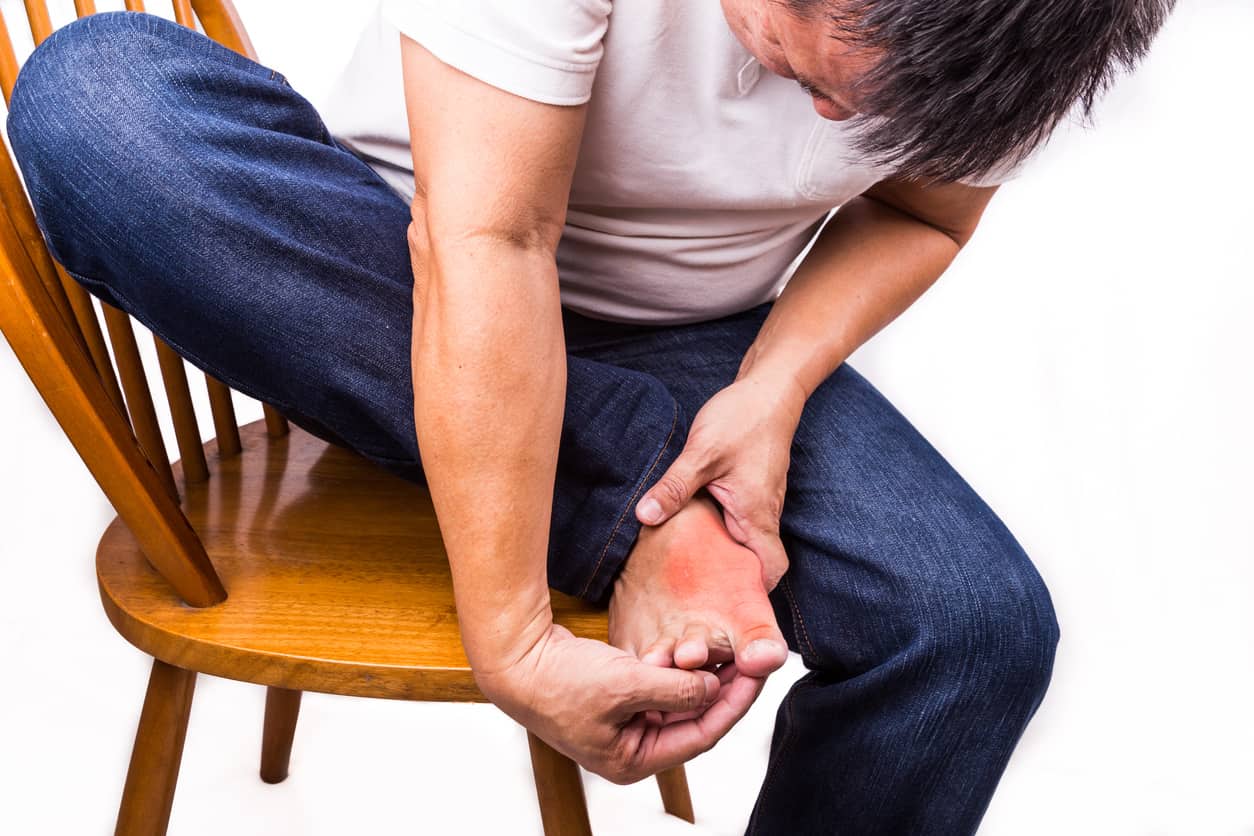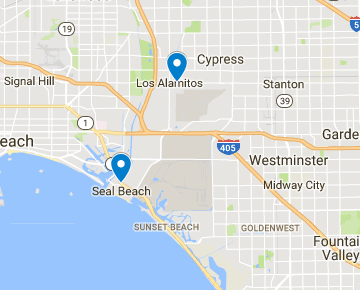Bruising on your feet, what it may mean

The feet are the most maltreated parts of the human body. They take a lot of abuse throughout a lifetime. According to the American Podiatric Medical Association, the average person walks 75,000 miles by age 50. That’s a lot to ask for two little appendages, but the feet are built to withstand a lot of trauma. That doesn’t mean they don’t suffer the occasional injury like a bruise. Bruising occurs when capillaries leak blood under the surface of the skin. How serious is bruising on the feet?
What Is a Bruise?
A bruise represents blood pooling under a surface like skin. When it comes to the feet, there are three types of bruises you might see.Contusion
This is the most common type of bruise that occurs. It happens when a blunt object hits part of your foot. For example, if you drop a glass on your foot, you might see top of foot bruising. The bump crushes tissue, causing it to bleed. That blood pools near the surface of the skin, generating discoloration. This is what happens with most injuries that affect feet, like sprains. A sprain is the stretching or tearing of a ligament. When the injury happens, the ligament and surrounding tissue bleeds, causing bruising.Hematoma
A hematoma indicates significant bleeding under a surface like the skin or even the toenail. Hematomas can develop slowly and be more painful than a contusion.Purpura
Purpura is a specific kind of bruising usually associated with an underlying medical problem such as an allergic reaction or infection. These bruises appear as small dots that can group together.What Causes Bruising on the Feet?
For many people, a bruise on a foot means they injured it in some way. Maybe they stubbed their toe or dropped something. Most bruises are not a symptom of a serious disease or injury. Bruising can occur with:- Sprains
- Fractures
- Muscle strains
- Blunt force trauma
- A fall
- A sports injury
- Thrombocytopenia
- Leukemia
- Infections
- Medication use
- Insect bits
- Vasculitis
Symptoms of a Foot Bruise
Most bruising comes with discoloration, but there are other symptoms to watch for, such as:- Swelling
- Pain
- Difficulty walking
- Numbness or tingling





